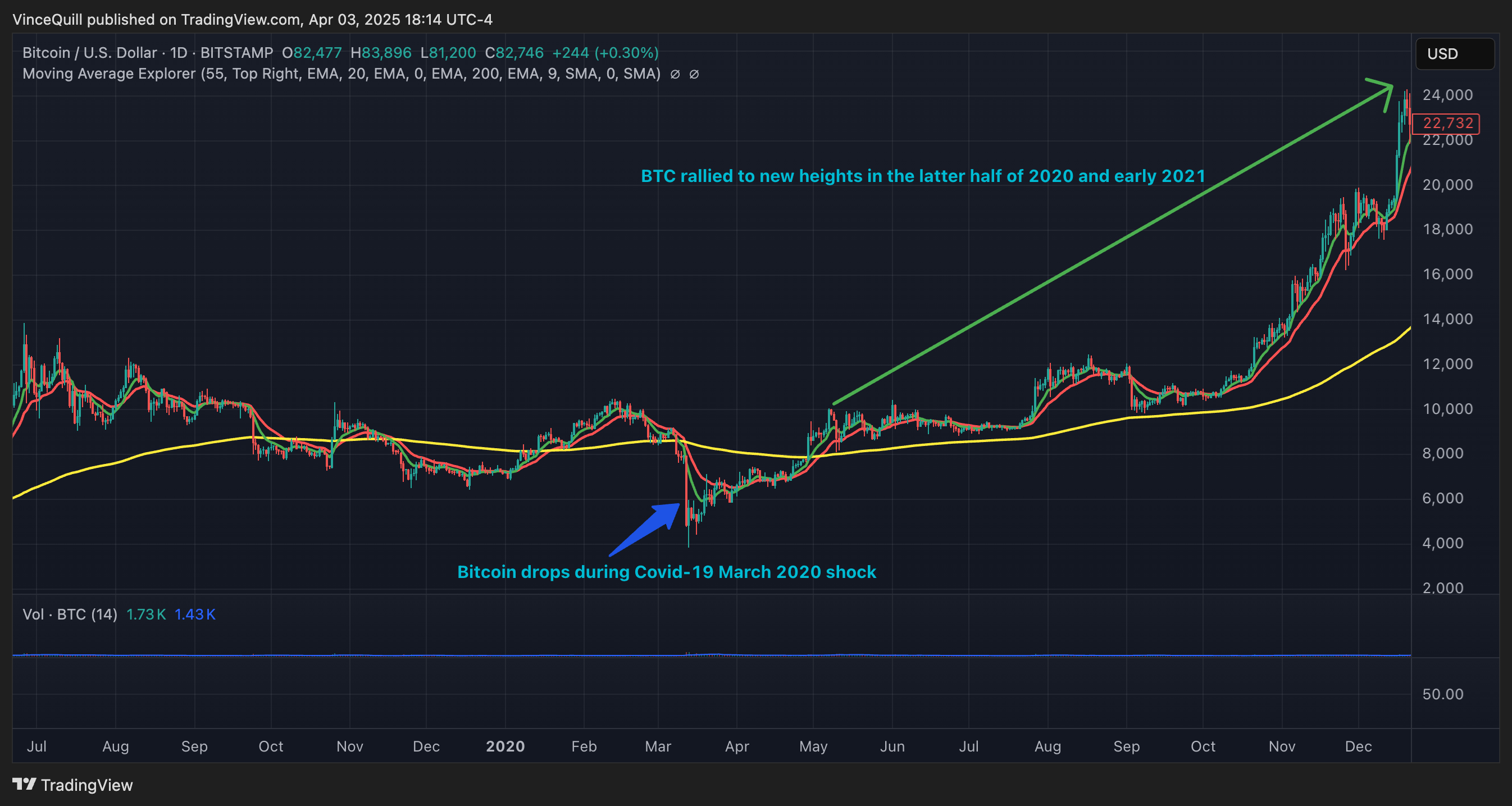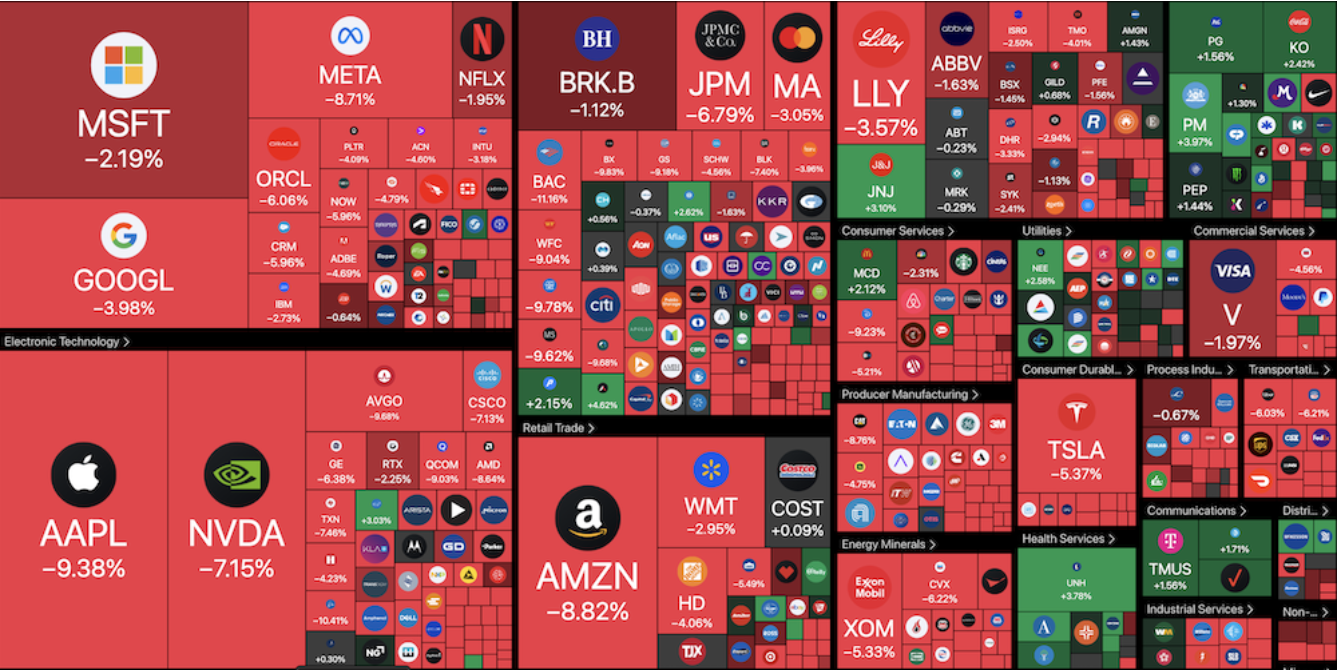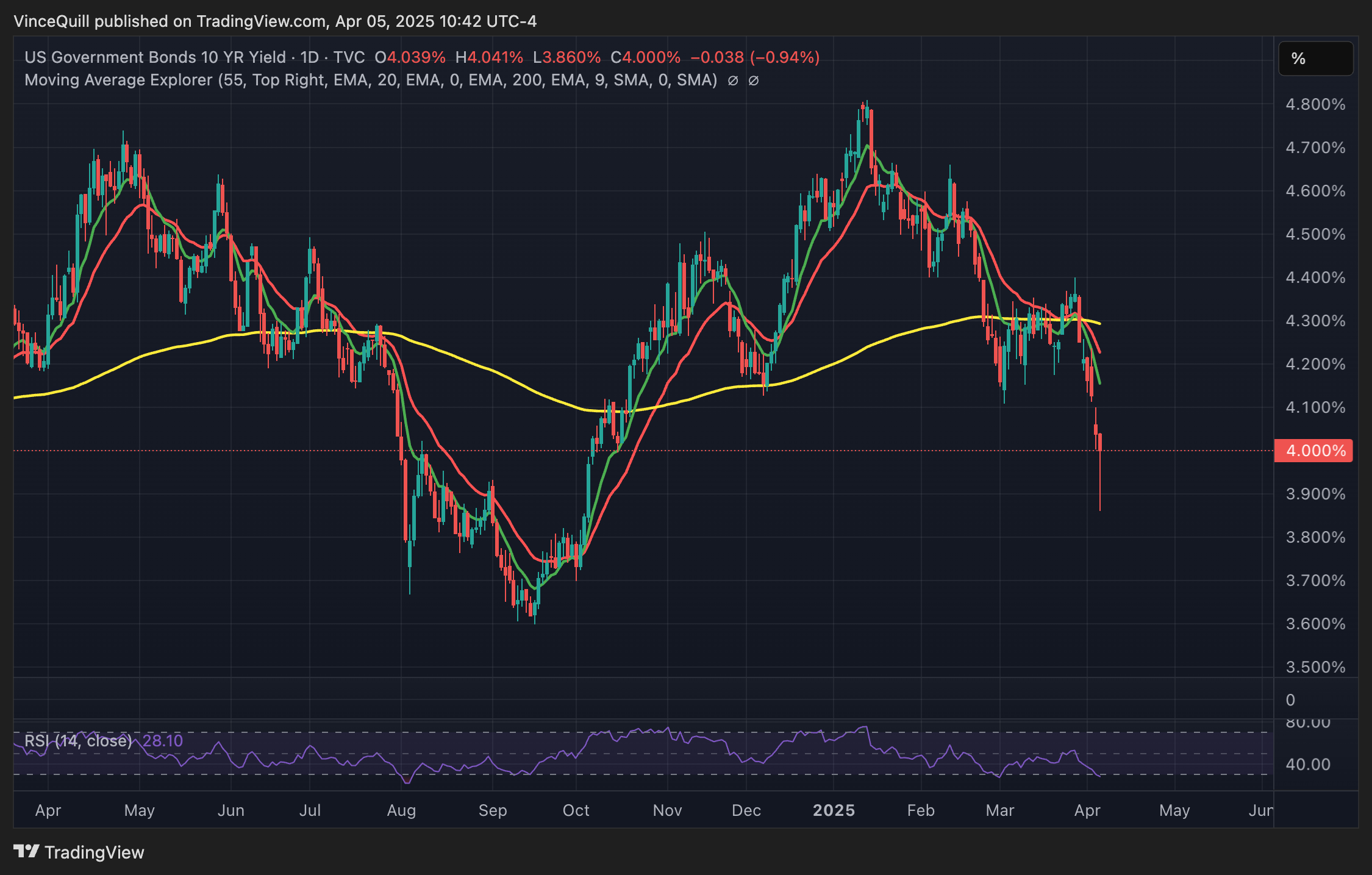The trade policies of US President Donald Trump are expected to spark global macroeconomic unrest and lead to short-term financial upheavals that will ultimately result in a greater acceptance of Bitcoin (BTC) as a valued asset, claims analyst Jeff Park from Bitwise.
According to Park, the economic instability stemming from the trade conflict will prompt governments to implement inflationary fiscal and monetary measures, which would weaken currencies and push investors towards safer alternatives such as Bitcoin.
This surge in demand for BTC is likely to elevate its price significantly over the long term, Park concluded. In a post on February 2, Park projected the initial effects of a trade conflict:
“The costs associated with tariffs, probably through increased inflation, will be absorbed by both the US and its trading partners, but the burden will fall much heavier on foreign nations. These countries will then need to find ways to address their sluggish growth challenges.”
Even though the rising interest in Bitcoin as a hedge against rapidly diminishing fiat currencies could drive BTC prices upward in the long run, Park noted that global financial markets would suffer the immediate detrimental impacts and wealth losses from the trade issues.

Bitcoin experienced a short-term price drop due to Covid-19 in March of 2020 before soaring to all-time highs during the 2020-2021 bull market.
Related: Tariffs create chaos in markets, recession fears abound
Global markets facing immediate shock
According to economist and hedge fund manager Ray Dalio, tariffs are creating “stagflation” across the globe. He pointed out that tariffs tend to depress prices for producing countries while driving inflation for importers.
Dalio asserted that the existing debt levels and trade discrepancies will ultimately trigger a worldwide financial shift that alters the established monetary framework.

The US stock market faced a significant sell-off following the implementation of extensive trade tariffs.
“If these trade tariffs escalate into a full-blown trade war, it will be catastrophic for the entire planet,” said Nic Puckrin, founder of Coin Bureau and market analyst, in an interview.
Puckrin pointed out that the likelihood of a recession in the US by 2025 stands at 40%, driven by concerns over a protracted trade conflict and economic uncertainty arising from protectionist trade measures.
Short-term turmoil could lead to long-term gains?
Asset manager Anthony Pompliano has suggested that the president may be intentionally destabilizing capital markets to induce interest rate cuts and reduce the burden of the national debt.

The interest rate on 10-year US Treasury Bonds has decreased since the beginning of the president’s second term.
The interest rate on 10-year US Treasury bonds has fallen from roughly 4.66% in January to today’s 4.00%.
Pompliano concluded that while the present administration’s policies may inflict short-term hardships, the resulting lower interest rates would encourage borrowing, ultimately driving prices of more speculative assets up over time.
Magazine: Bitcoin dominance may decline in 2025, according to analyst Benjamin Cowen
